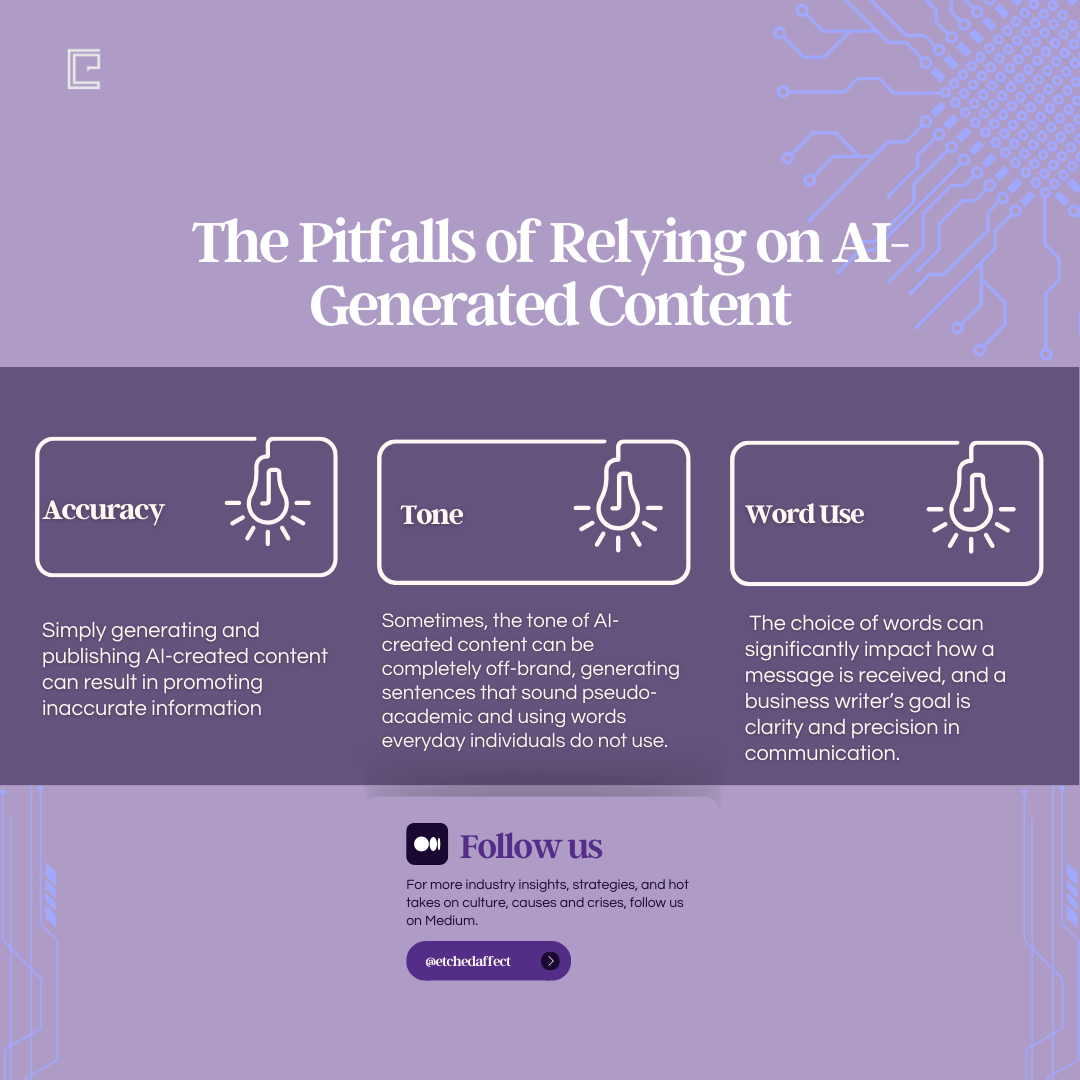Meta Won Its AI Fair Use Lawsuit, but Judge Says Authors Are Likely ...
Meta's recent victory in the Kadrey v. Meta case marked a significant win for AI companies utilizing copyrighted materials for training purposes. The ruling, which granted Meta partial summary judgment, reaffirmed the company's stance on the fair use of copyrighted books to train its Llama AI models.
Judge's Ruling and Implications
Despite the favorable outcome for Meta, Judge Vince Chhabria emphasized that the ruling's scope is limited and does not exempt Meta from potential future claims by other authors. The key issue at hand revolves around whether the use of protected content by AI companies qualifies as fair use under US copyright law.

In his order, Judge Chhabria underscored that the ruling does not serve as a blanket approval of Meta's practices but rather highlights the shortcomings in the plaintiffs' arguments. The judge stressed the importance of evaluating fair use on a case-by-case basis.
AI Companies and Fair Use
The recent legal victories for AI companies like Meta and Anthropic have broader implications within the industry. These rulings support AI firms in their efforts to avoid onerous licensing agreements with content creators, a development that has stirred mixed reactions among authors and publishers.

Concerns have been raised regarding the impact of AI-generated content on the traditional publishing market. Judge Chhabria's analysis focused on the potential market repercussions of AI-created works, suggesting that certain genres could face substantial challenges due to the proliferation of AI-generated content.
Future Legal Landscape
While Meta's win in the Kadrey case aligns with the company's position on fair use, it is essential to note that individual court rulings do not establish a universal precedent for all AI companies. Each case is evaluated based on its unique circumstances, with judges considering factors such as transformativeness and market effects.

As these legal battles continue to unfold, the outcomes of cases like Kadrey v. Meta and rulings from judges such as Chhabria and Alsup will likely influence future AI and copyright disputes. The evolving legal landscape underscores the complex interplay between technology, creativity, and intellectual property rights.
For a more in-depth exploration of copyright issues related to AI, we recommend checking out our guide to copyright and AI.




















